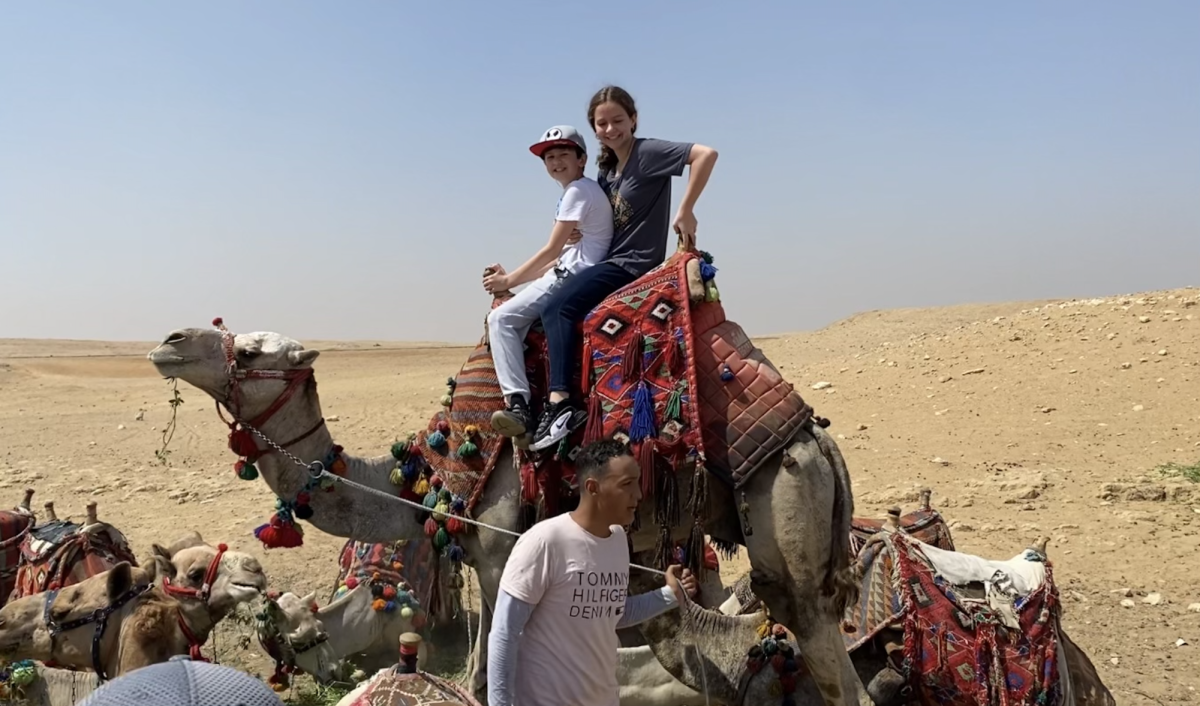Freshman Sofia Ludington-Barquet had always been interested in different parts of the world, but her fascination with travel began in earnest after graduating kindergarten, when her parents gifted her a National Geographic magazine about Egypt.
“I remember looking at the pyramids and the sarcophagus (in the magazine) and I thought it was so cool,” Ludington-Barquet said. “Then, two years ago, I was in Egypt, and it was an irreplicable experience. To touch, feel, smell—and just be there—was so much better than looking at the magazine that I had looked at all my life. It truly was incredible.”
In addition to her trip to Egypt, Ludington-Barquet has toured over 100 countries to date, including North Korea, Iraq and Kenya.
The Allure of International Travel
For many, including Ludington-Barquet, the novelty of new sights and experiences is the main motivation for travel. According to the Pew Research Center in 2021, more than 50% of Americans have traveled abroad, and this summer, many CHS students joined these ranks. Additional opportunities to expand one’s worldview are quickly approaching as well.
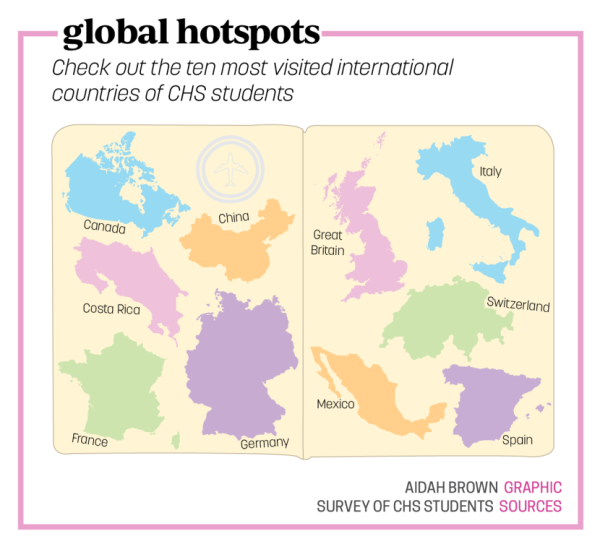
Spanish teacher Margaret Edwards, who has helped organize the 2025 student trip to Ecuador, said travel helped her stimulate new interests and passions.
“Travel was one of the main reasons I fell in love with the (Spanish) language,” Edwards said. “When we are able to immerse ourselves in a culture and a language and encounter all those people of a culture face to face, I think it opens many more doors for you to understand.”
Cultural Shocks
When traveling, Edwards and Ludington-Barquet both said they realized how travel altered their identities and world views, shaping their understanding of different standards of living or ways of life. Edwards said she expects students will experience at least a few cultural shocks in the upcoming Ecuador trip in 2025.
“The differences in the accommodations will be a shock because, of course, we are not staying at a Ritz Carlton,” she said. Sometimes, the food might not be what they’re expecting because when a lot of people think of Spanish food, they’re thinking of tacos or enchiladas—things that we’ve Americanized as Spanish. In Ecuador, they eat guinea pig, so that will certainly be surprising to them. Students are going to have to get out of this Carmel bubble to see how other people live, which is eye-opening for them.”
Ludington-Barquet said she broke out of the Carmel bubble long ago since travel had always been a key influence on her identity. While traveling, she said she learned about etiquette in many countries in order to be a respectful tourist.
“In a lot of Muslim countries, it is incredibly disrespectful to show someone the bottom of your foot,” Ludington-Barquet said. “So imagine you’re sitting at a table and you’re crossing your ankles. You have to make sure that the sole of your foot is not facing anyone. It’s so disrespectful to the point where fights can be started, so you have to be really careful. In Japan, it is really polite to take your shoes off before entering some places as a show of cleanliness and respect. And I know it sounds really funny, but making sure my socks didn’t have holes in them was also important.”
Safety Concerns
In pursuit of more adventures, Ludington-Barquet has traveled to multiple countries that the United States government has labeled unsafe for travel, including North Korea, Russia and Venezuela.
“In Venezuela it’s really dangerous, so you’re not allowed to leave the hotel without armed cars and security escorts,” Ludington Barquet said. “When you arrive at monuments, they scope out the area for 10 minutes and they give you 10 minutes to explore.”
Despite unsafe conditions and international political tensions in some of the countries she visits, Ludington-Barquet said she did not fixate on the stigma surrounding certain governments or nations. Instead, she said she primarily sensed a shared human experience and genuine human connection with locals, which contrasted the duality between a nation’s government and its people.
“Some of the nicest people I’ve ever met are from Iraq,” she said. “You always hear that it’s so violent, so terrible, so deadly. But these were people who recognized we were foreigners and made sure we stayed safe and had what we needed. It was very heartwarming.”
However, this optimistic view isn’t shared by all; sophomore Benjamin Lu found himself in an unsafe situation during international travel six years ago.
“When we landed in Athens, we hadn’t checked into our hotel yet and we still had all our stuff with us,” Lu said. “My mom was carrying one backpack that had all our passports and her credit cards. We went to this plaza when someone spilled a drink on my mom. Then this other person pretended to help her clean up. While we were distracted, the person ran off with our backpack. We had to go to the (United States) Embassy to figure everything out.”
Expanding World View
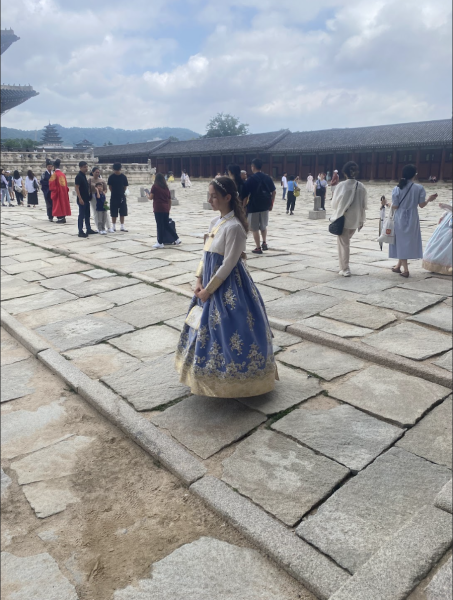
Even with these challenges in mind, studies show traveling abroad is beneficial in a myriad of ways. According to the Journal of Personality and Social Psychology, traveling abroad increased an individual’s emotional stability and cultural awareness.
Concurring with the study, Ludington-Barquet said as a result of travel, she felt more empathy for diverse populations.
“In Mexico, I saw a large homeless population, which helped me realize that there are a lot of people who do not have the same opportunities (as me),” Ludington-Barquet said. “Seeing how other people are less fortunate has instilled a bigger sense of charity within me.”
Ludington-Barquet said this newfound conviction for helping others translated into tangible action.
“If someone is struggling, you stop and help them,” she said. “If you’re walking down a street in Mexico and you find a kid struggling to get his next meal, you help him. If someone drops something in the hallways (of CHS), you help them pick it up; it’s not that hard.”
She said her empathy also extended to respect and appreciation for different cultures.
“Even if this (cultural aspect or practice) isn’t a big deal to me, it can be really important to other people,” she said.
After visiting Latin America, Edwards recalled students who were inspired to get involved in MedLife, a school club that traveled to underdeveloped nations to help provide medical aid.
Ultimately, Ludington-Barquet said every trip has left an indelible impression on her identity.
She said, “Out of habit now, I take care to not show anyone the bottom of my feet; I help people pick stuff up in their hallways. Coming back from Carmel, you’re more different every trip you take. Whether it was Carmel High School or Antarctica, I am a combination of every experience I’ve ever had. In a way, we are all a part of each other—especially in Carmel which is such a diverse community. We are a part of everyone else’s experiences. So, Carmel isn’t just Carmel. It is the world.”











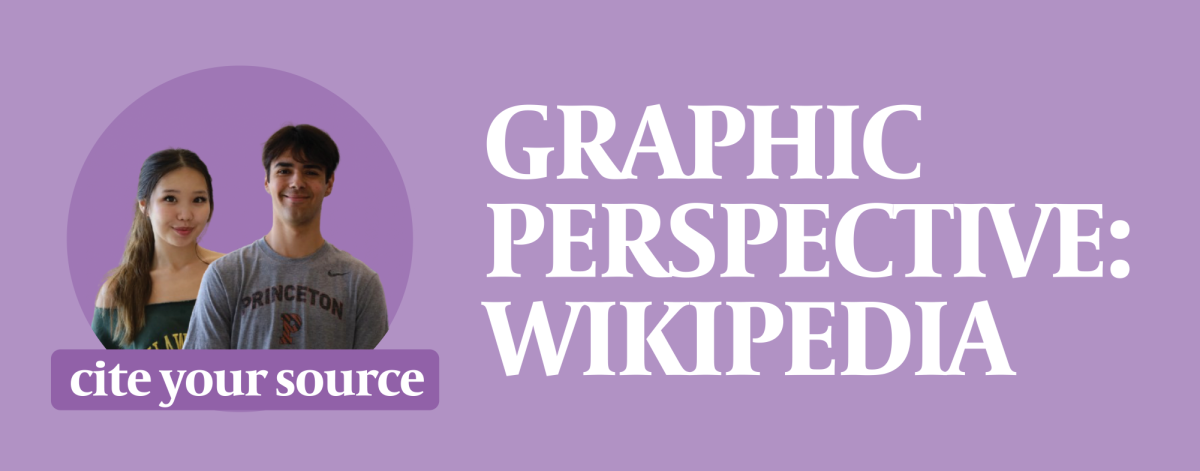




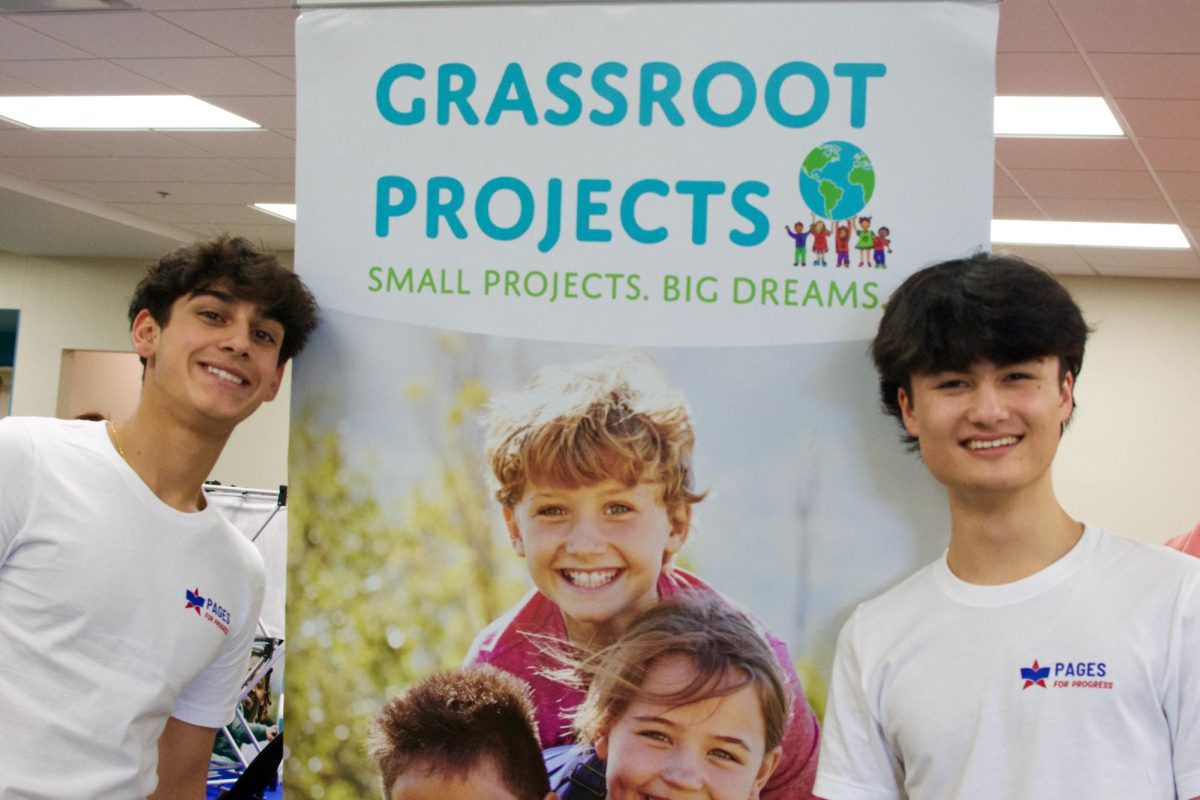
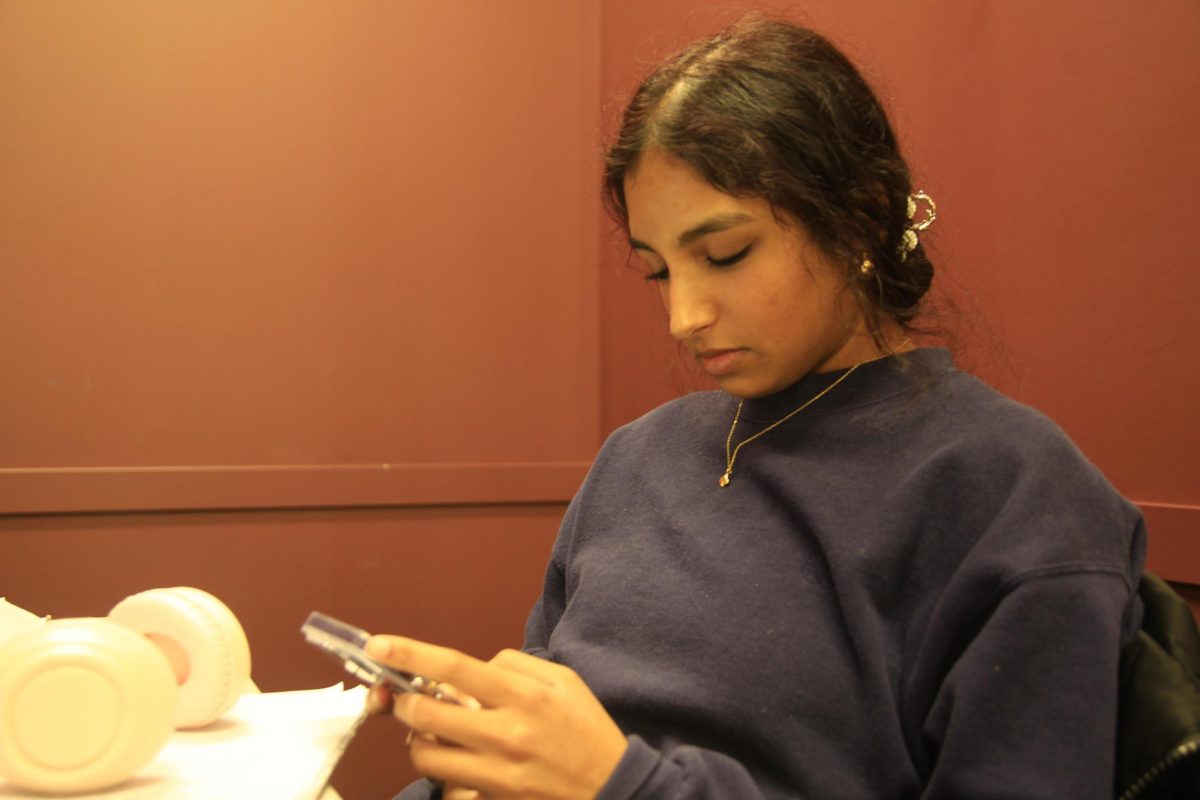



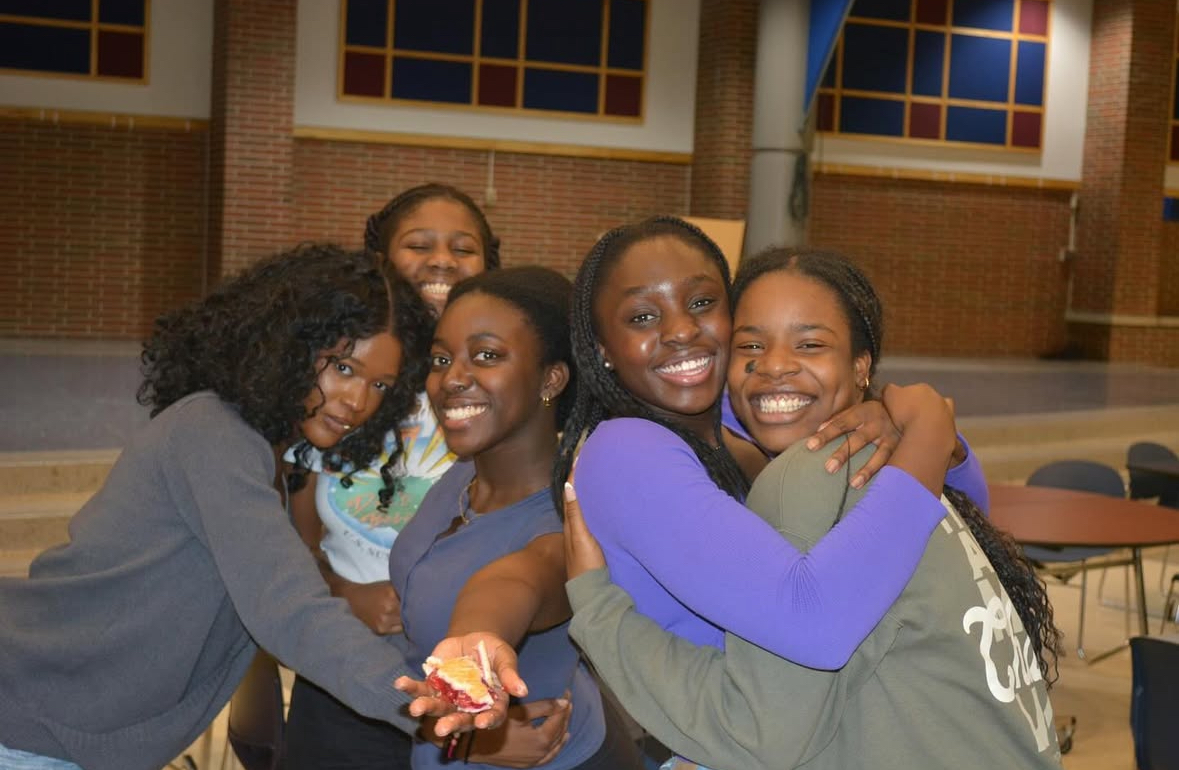

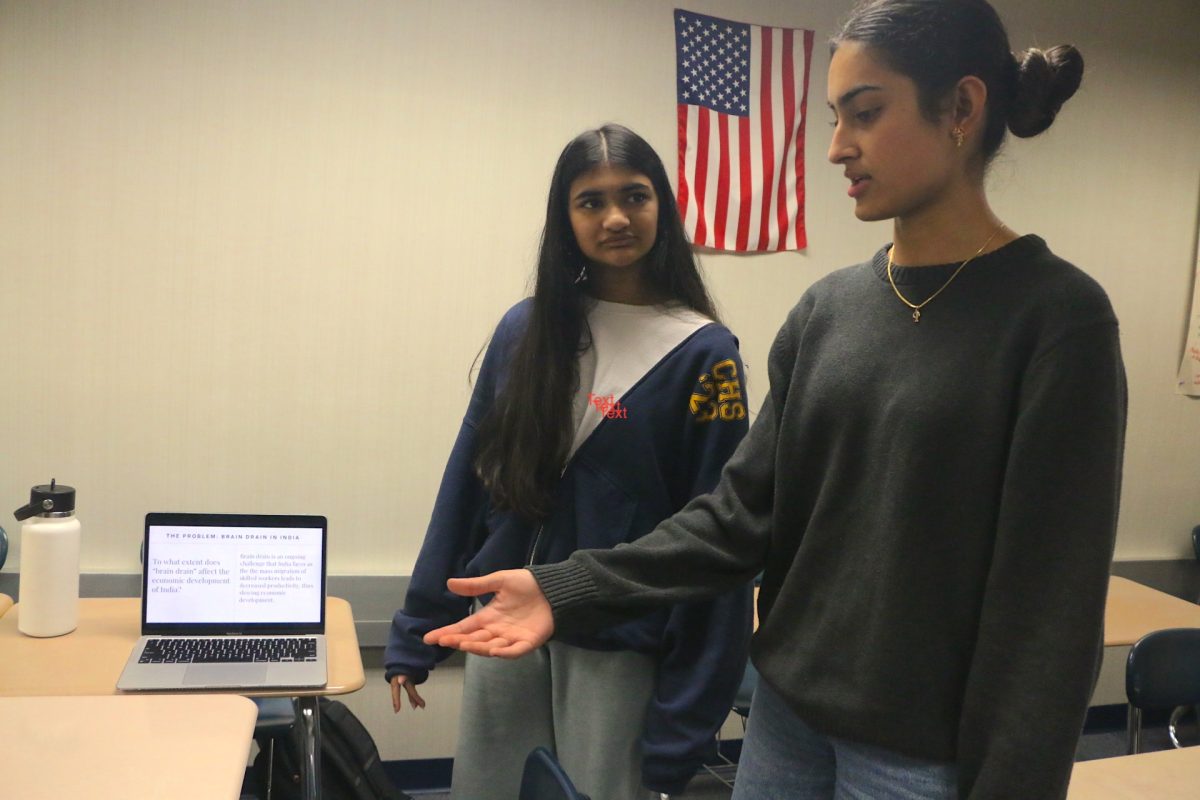
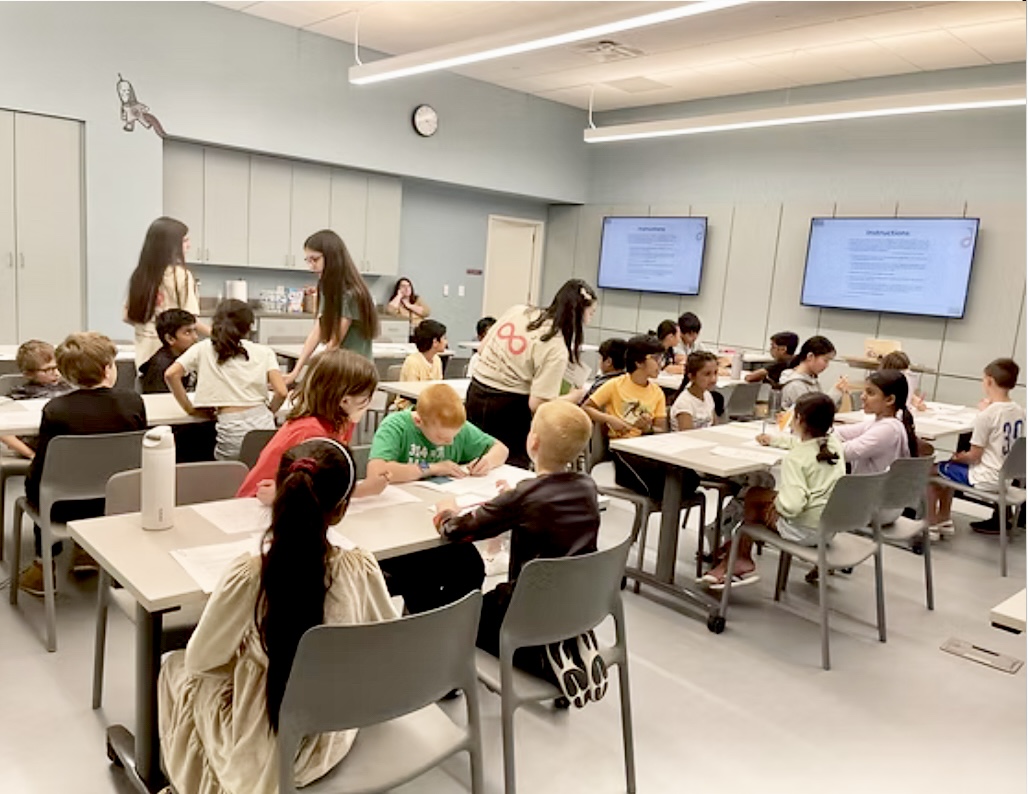
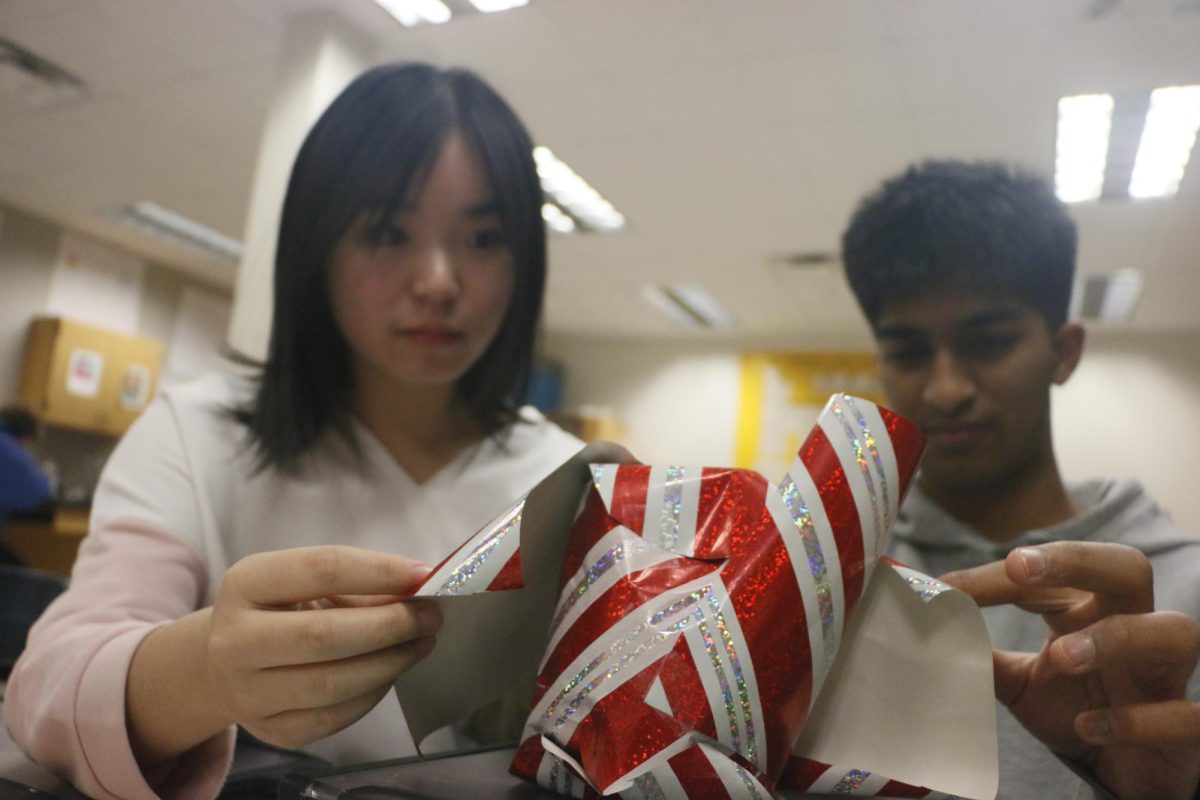
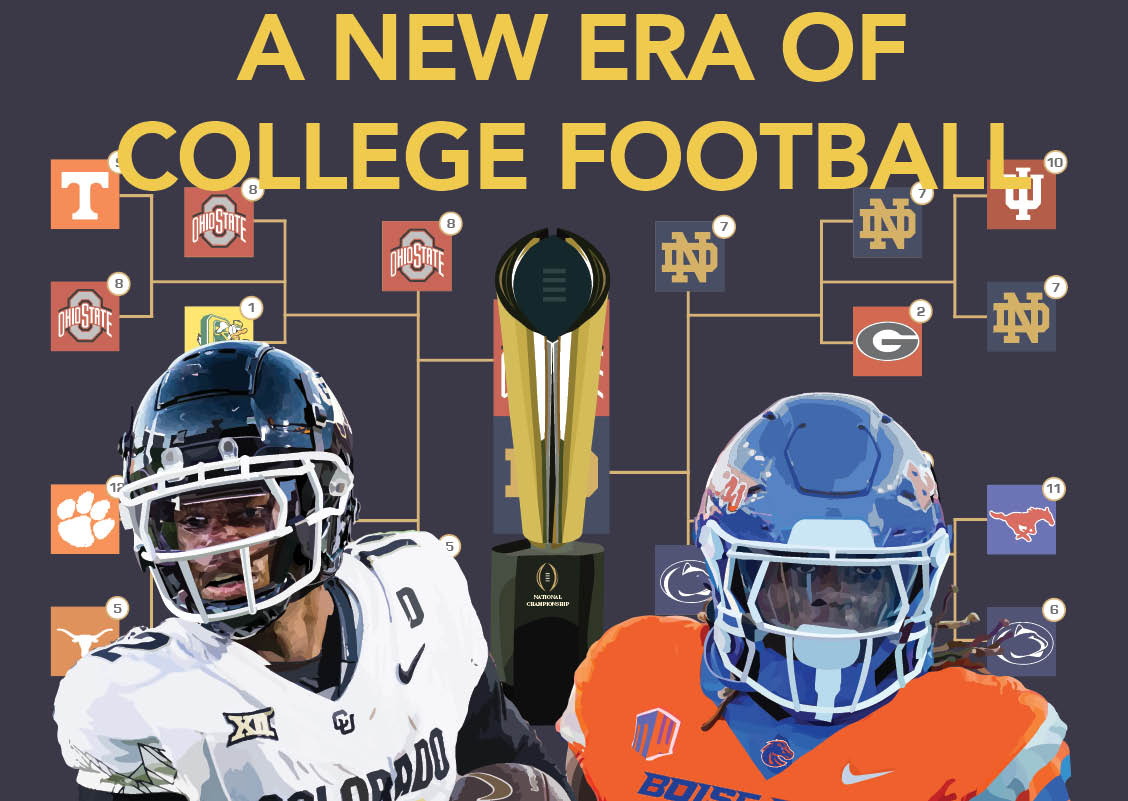
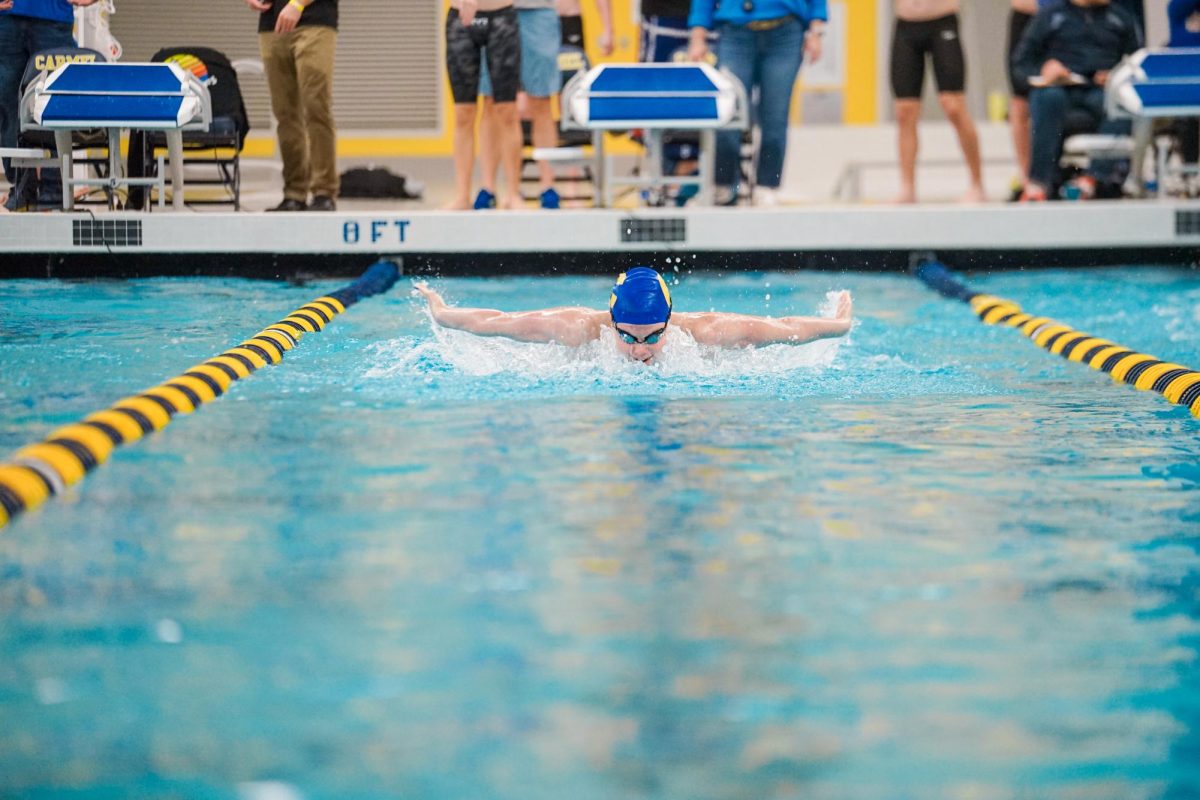
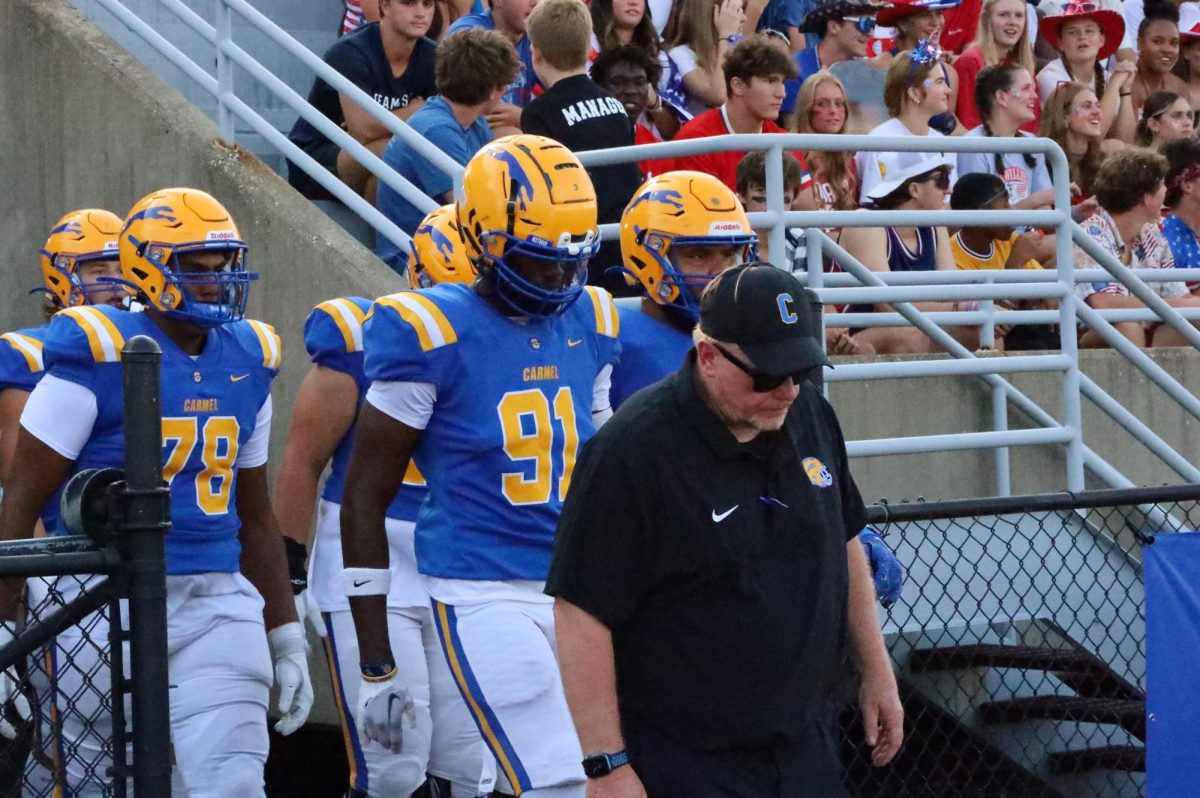


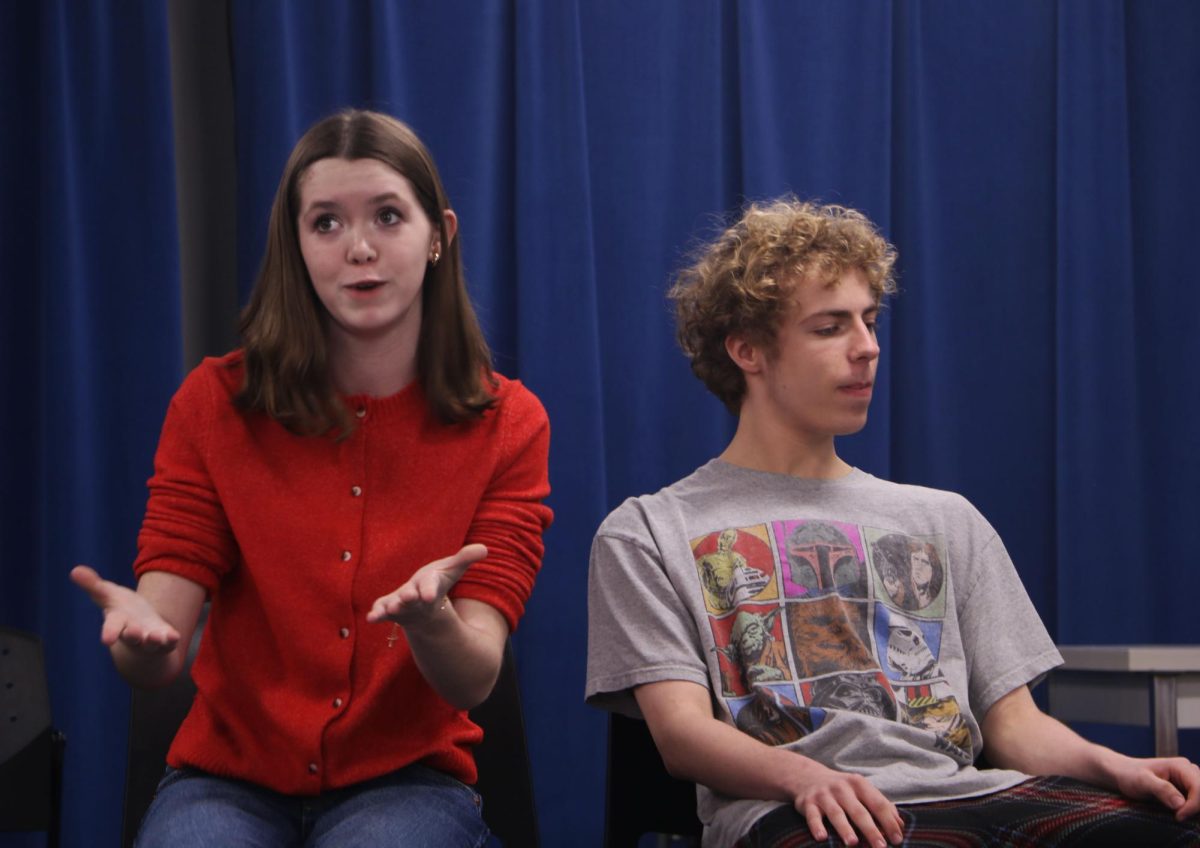
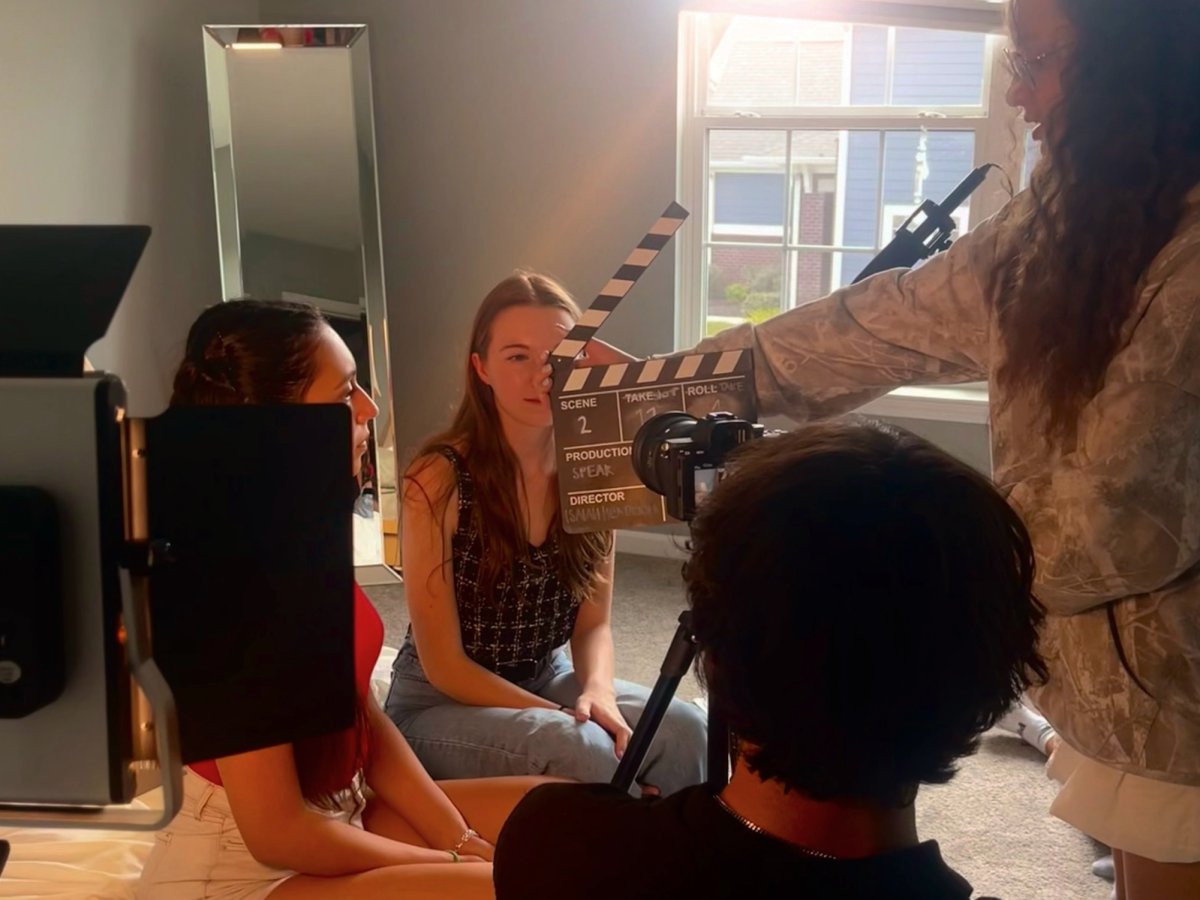




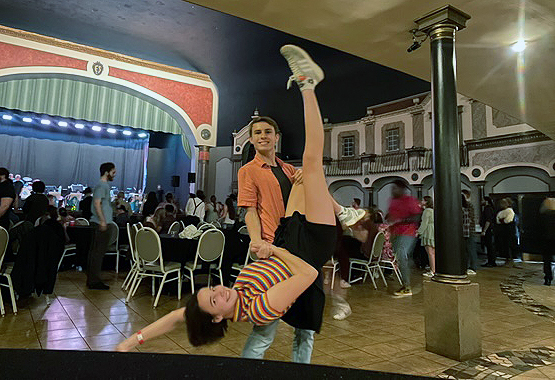


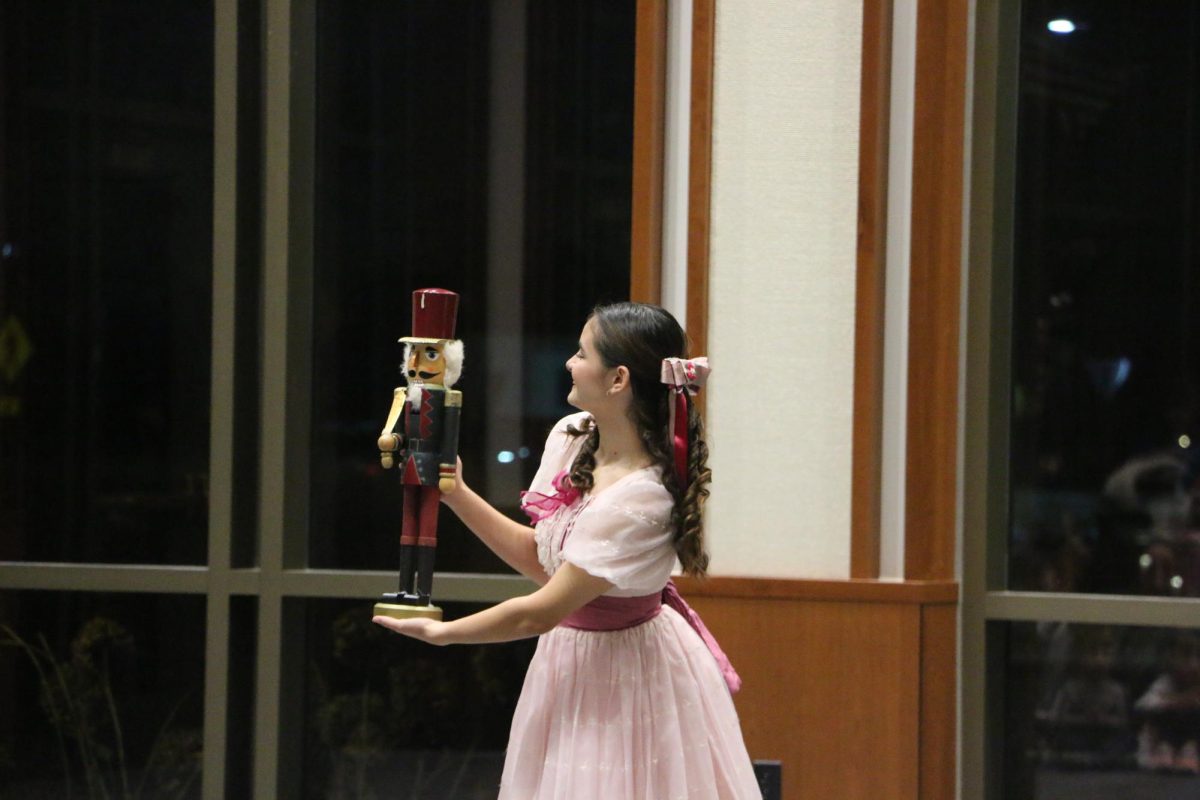







































![Review: “Transformers One” is a refreshing and exciting addition to the franchise [MUSE]](https://hilite.org/wp-content/uploads/2025/01/unnamed-3.png)
![Review: “Journals” is the gift that keeps on giving [MUSE]](https://hilite.org/wp-content/uploads/2024/12/monkey.jpg)
![Review: “Sonic 3” does everything great from the past two movies, and arguably even better [MUSE]](https://hilite.org/wp-content/uploads/2025/01/unnamed-2-812x1200.png)
![Review: Who should have really won season 33 of "Dancing with the Stars"? [MUSE]](https://hilite.org/wp-content/uploads/2024/12/Dancing-with-the-Stars-Photo-1200x657.png)
![Review: "Wicked" is a worthy adaptation of a legendary musical [MUSE]](https://hilite.org/wp-content/uploads/2024/12/Screenshot-2024-12-23-at-6.00.53 PM-1200x793.png)
![Review in Print: Maripaz Villar brings a delightfully unique style to the world of WEBTOON [MUSE]](https://hilite.org/wp-content/uploads/2023/12/maripazcover-1200x960.jpg)
![Review: “The Sword of Kaigen” is a masterpiece [MUSE]](https://hilite.org/wp-content/uploads/2023/11/Screenshot-2023-11-26-201051.png)
![Review: Gateron Oil Kings, great linear switches, okay price [MUSE]](https://hilite.org/wp-content/uploads/2023/11/Screenshot-2023-11-26-200553.png)
![Review: “A Haunting in Venice” is a significant improvement from other Agatha Christie adaptations [MUSE]](https://hilite.org/wp-content/uploads/2023/11/e7ee2938a6d422669771bce6d8088521.jpg)
![Review: A Thanksgiving story from elementary school, still just as interesting [MUSE]](https://hilite.org/wp-content/uploads/2023/11/Screenshot-2023-11-26-195514-987x1200.png)
![Review: "When I Fly Towards You", cute, uplifting youth drama [MUSE]](https://hilite.org/wp-content/uploads/2023/09/When-I-Fly-Towards-You-Chinese-drama.png)
![Postcards from Muse: Hawaii Travel Diary [MUSE]](https://hilite.org/wp-content/uploads/2023/09/My-project-1-1200x1200.jpg)
![Review: "Ladybug & Cat Noir: The Movie," departure from original show [MUSE]](https://hilite.org/wp-content/uploads/2023/09/Ladybug__Cat_Noir_-_The_Movie_poster.jpg)
![Review in Print: "Hidden Love" is the cute, uplifting drama everyone needs [MUSE]](https://hilite.org/wp-content/uploads/2023/09/hiddenlovecover-e1693597208225-1030x1200.png)
![Review in Print: "Heartstopper" is the heartwarming queer romance we all need [MUSE]](https://hilite.org/wp-content/uploads/2023/08/museheartstoppercover-1200x654.png)




